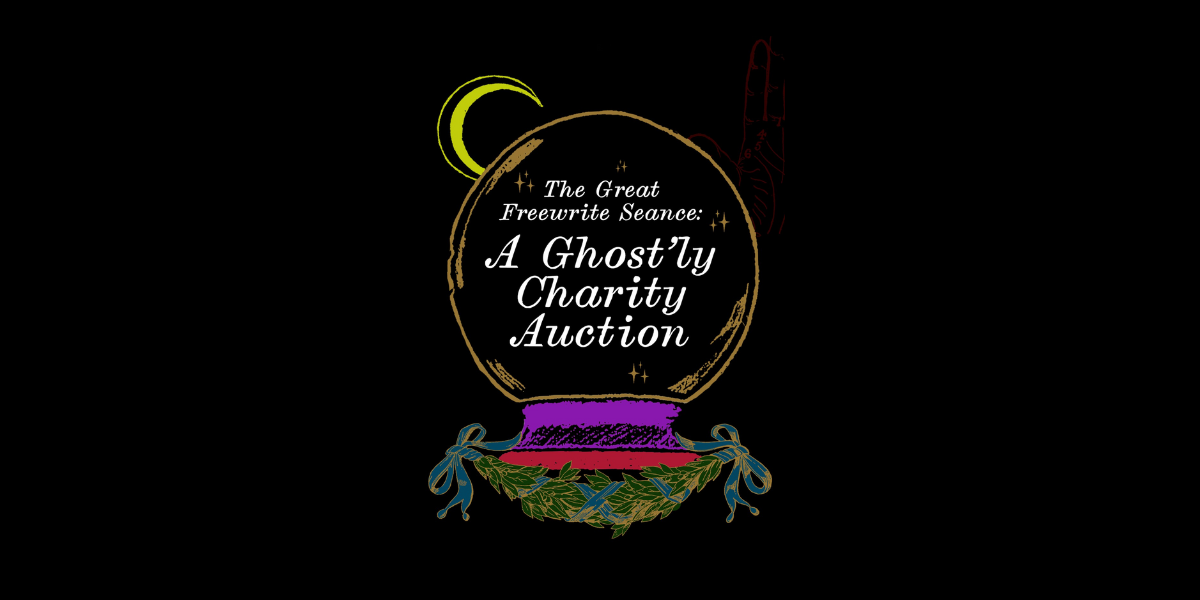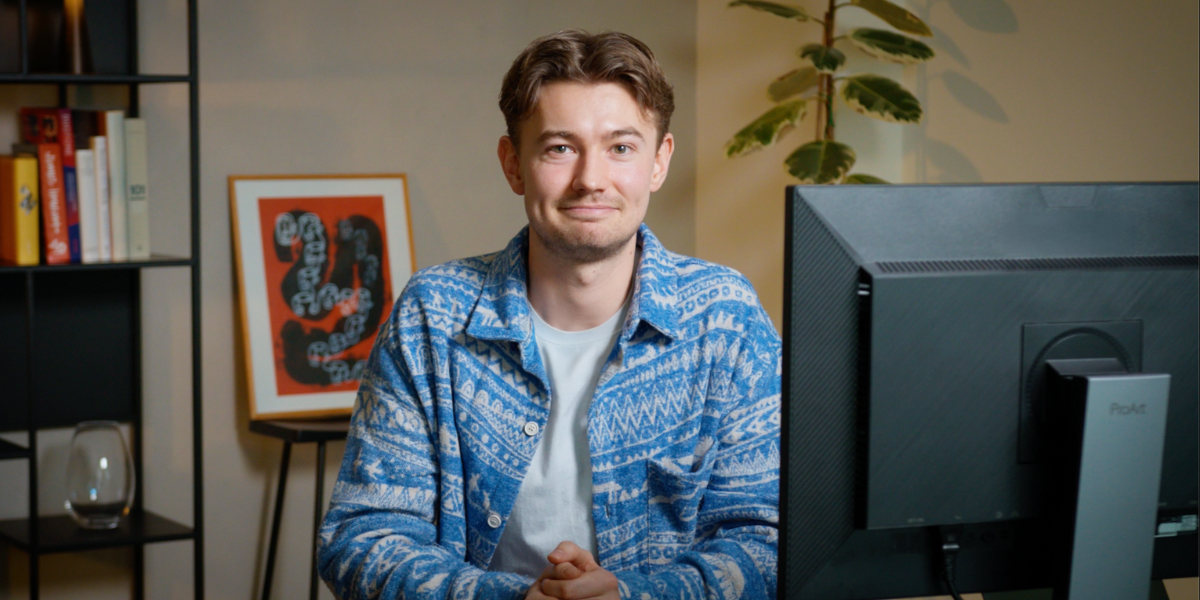
Many people the world over use writing and journaling as a tool to examine their inner thoughts and even as catharsis. But often, writing isn’t enough.
We reached out to Maria Beatrice Alonzi, author of Non Voglio Più Piacere a Tutti (“I Do Not Want to Please Everybody Anymore”), to chat about the intersection of writing and mental health.
What does your writing life look like?
Writing is integral to my life. Annually, I publish a book that often addresses mental health topics. My latest non-fiction book, Tu non sei i tuoi genitori ("You Are Not Your Parents"), was released by Sperling & Kupfer on October 3.
Most of my writing aims to destigmatize mental health, a message I reinforce through my social media. Even my first work of fiction, Noi, Parola di Tre Lettere ("A Word of Three Letters"), published by Salani, scrutinizes intergenerational trauma within families and the disturbing lengths people take to fit in. It was written entirely on my Traveler.
Tell us about your writing process.
I write every day. Writing is part of my day job, too. Whether it's coordinating with various departments in my company around copywriting and advertising for my clients, or drafting the next chapter in a book, writing is a daily practice for me. It's the most precise way I know to articulate my thoughts, and therefore, connect with everybody in a specific way. It's an irreplaceable part of my life.
For my books, I adopt an intense writing schedule, completing drafts of about 50,000 words within three to four months. My Freewrite Traveler helps me maintain focus and resist the urge to edit prematurely.
Traveler also makes it easy to write anywhere. I drafted my first novel on Traveler and typically edit using Ulysses on my computer. Currently, I'm working on a new novel due out in 2024.
How does writing affect your mental health?
Writing and mental health are intertwined in my life in a complex way. With a thorough background in mental health studies, I approach life with acute awareness of its impact on my psychological well-being. However, I feel it's crucial to emphasize that the most important step for mental well-being is seeking professional help.
In Italy, where I'm based, the healthcare system provides mental health services for its citizens (not always accessible and not all over the country, but it’s still something). My advocacy for mental health is aimed at reducing stigma and increasing awareness, so people will actually go to therapy. Nothing can replace professional care.
So my mental well-being is constantly monitored by a healthcare professional. Writing, for me, is an extension of the self-awareness I've cultivated in therapy. It also allows me to better communicate with others, ultimately serving as a platform for advocacy.
Do you have advice for other writers who struggle with mental health issues?
For aspiring writers looking to improve their mental health, I have this to say: writing can indeed be a salve, but it should not replace professional mental health care. When you're dealing with unresolved emotional pain, your first visit should be to a qualified therapist, not a publisher.
My recommendation is to know and metabolize your own pain before attempting to tackle it through writing. Once you have a good handle on your mental state, writing can become a meaningful way to explore your experiences for others. Through your own narrative, you could certainly provide immeasurable value to readers, offering a humane and compassionate insight into the challenges we all face in our mental health.
But make sure you’re OK first. Prioritizing mental well-being can undeniably enrich one's writing and, more importantly, one’s quality of life.
Where can readers find your work?
My work is written in Italian, but some international audiences will soon enjoy Non Voglio Più Piacere a Tutti (“I Do Not Want to Please Everybody Anymore"), published by Vallardi. Noi, Parola di Tre Lettere ("A Word of Three Letters") is being adapted for the screen, and Il Libricino della Felicità ("The Little Book of Happiness") will be available in English and French.
Anything else readers should know about you?
I have a seven-year-old rescue dog, Olivia, and a talented actor boyfriend, Francesco. I also direct, act, and take pride in mixing a perfect martini.
—

Maria Beatrice Alonzi is the author of worldwide best-selling books and a business strategist. She holds a master's degree in Humanistic Sciences and a PhD in Non-Verbal Communication Analysis. Over the years, she has helped shape key figures in Italy's digital entrepreneurship and arts landscape, including some of the country’s most renowned artists, creators, and entrepreneurs. She is engaged to actor Francesco Guglielmi and lives in Rome with her dog, Olivia.
Follow her on Instagram @mariabeatrice.





























